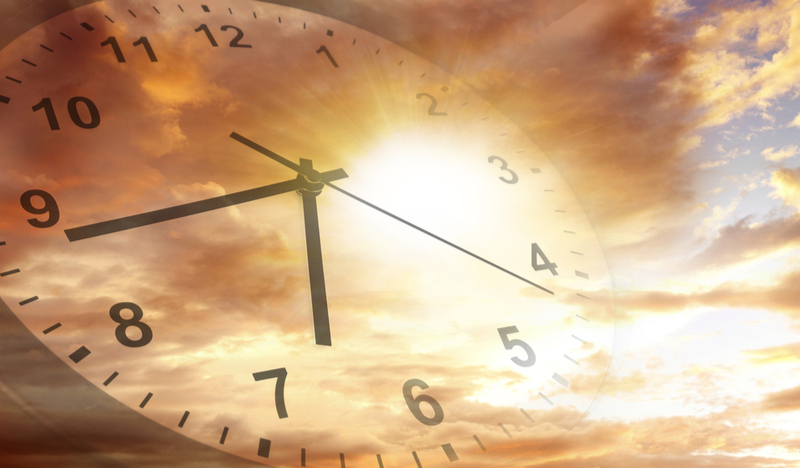
Last month, I saw firsthand the wisdom of Justice Louis Brandeis when he described the states as laboratories of democracy. Joining with other Western legislators at the annual meeting for CSG West, the ideas for better public policy took center stage.
Over four days, we explored a wide range of issues. Everything from education to economic development received a deep-dive treatment. It was very helpful to hear what’s worked (and what hasn’t) in other states. Perhaps most important is the confirmation that even when we don’t agree on how to get the job done, we all agree that we’re committed to helping our individual states achieve success.
Democracy Experiments
Back to Justice Brandeis for a minute. Unlike the federal government that seeks consensus for the nation as a whole, at the state level, we’re entrusted to pursue solutions that fit our states. We have more room to experiment, and we also have the benefit of looking to our neighbors and learning from their experiences.
There is also the opportunity to collaborate with our fellow states to accomplish bigger changes. Case in point: we might even be able to do something about Daylight Saving Time (DST). One of the proposals shared last week includes the Western States working as a block to pass legislation at the state level implementing a switch to year-round DST. Polling suggests a couple of things:
- Most people would prefer to stop switching back and forth
- Most people would prefer year-round DST
However, these state-based initiatives only move forward if other Western states pass similar legislation, and Congress changes federal law. In other words, we only implement change if it doesn’t make our state an outlier.
Democracy Between States
One of the ideas that came up for Idaho was only implementing if two neighboring Pacific states and two neighboring Mountain states also agreed to make the switch. As of today, both Oregon and Washington have passed the appropriate language, and it’s being considered in Utah and Montana.
Now, I know some of you might think, “Daylight Saving Time? Why are you all worried about that? Aren’t there bigger issues.”
There will always be other issues. But switching our clocks twice a year does come with economic and social costs that tend to get overlooked. For example, heart attacks and car accidents increase in the days after we “spring forward.” There are also the economic costs to businesses required to shift timetables and personnel to meet the change. Think railroads and airlines to name just two. Finding a solution to DST will provide relief to our state and region in several areas.
At the heart of this proposal is the confirmation that when needed, we can partner with different states to accomplish results difficult to achieve alone. Of course, Idaho’s issues need solutions that fit the needs of the people who live here, but we shouldn’t overlook ways to amplify our efforts.
I’m curious to hear your thoughts. How do you feel about keeping DST year-round? Do you like the idea of a triggered process that only happens if there’s regional support?